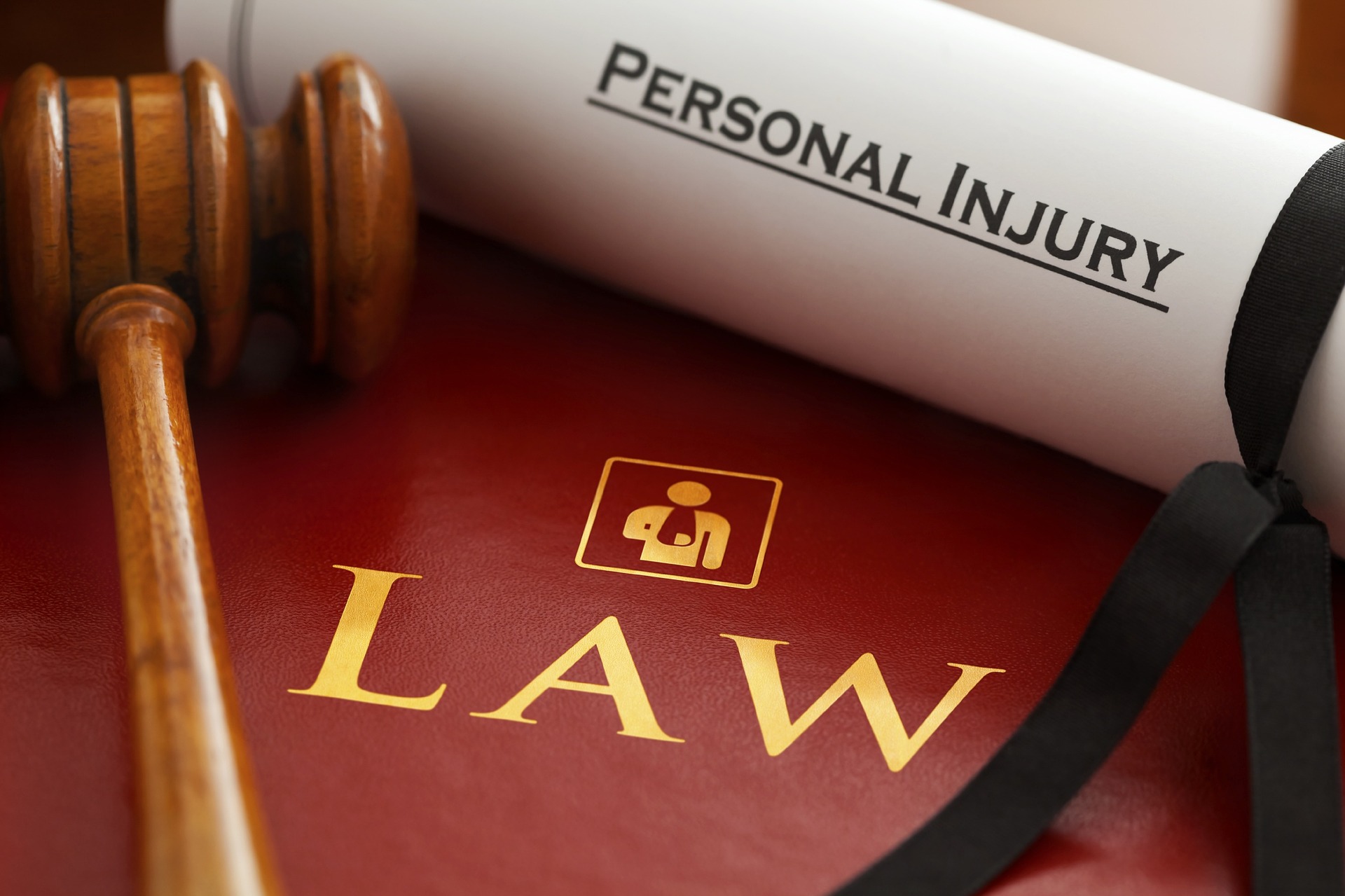It’s safe to say that no one decides to marry expecting a divorce. If you were sure your marriage wasn’t going to last long, you would have spent your money on wedding preparations or walk down the aisle. However, marital challenges are something every couple faces. There are issues that could lead you and your spouse from a justice of the peace to a divorce attorney’s office. Here are signs your marriage is in deep trouble.
1. You’re contemplating an affair
You may be tempted to have an affair for many reasons. For instance, you may be longing for the excitement that comes with a new relationship. Or you want to have a passionate, sensual session with a different partner. Some people think of having an affair because they want attention and appreciation or simply want to connect with a person you think is more similar to you than your partner.
Regardless of the reason, you’re seeking another partner; sexual affairs are a warning sign of serious trouble in your marriage. These actions won’t solve your marital unhappiness. In fact, a cheating spouse and all other related infidelity issues often create unintended troubles. Once your emotional energy goes outside your marriage, all the problems that need immediate attention to take a back seat. More marital problems linger and even become worse.
Deceit, guilt, lies, and shame are often by-products of cheating and lead to separateness and avoidance. Trust corrodes, and suspicion runs high. If your marriage was experiencing minor issues before your decision to stray, it would be in deep problems soon. Therefore, your extra-marital fantasies are simply a warning sign that you need to get your marriage on track.
2. You fight about the same issue regularly
Let’s face it; marriage and minor conflicts go hand in hand. After all, it’s nearly impossible for two people to successfully live under the same roof with an argument no matter how minor it is. That isn’t a problem.
While not all problems in a marriage can be fully resolved, if you realize you have been arguing over the same issue repeatedly and you never appreciate each other’s point of view, your marriage is headed for trouble. Frequents fights over the same issue make marriages unpleasant and you and your partner will begin focusing more on the negative side of your relationship.
3. Escalating arguments and fights
In addition to fighting over the same issue repeatedly, if these arguments are growing in intensity, things might be going southwards. Escalating fights and arguments result in physical or verbal abuse, both of which can’t be accepted in a marriage relationship.
4. Having less time for each other
For some people, everything is more important than having time for their partners. Whether its work, hobbies, relatives, kids, friends, and more, everything seems to take precedence over their marriage. What happens is that you and your spouse stop being close friends and your emotional connection suffers. You stop having sex like you used to do and over time, the connection and affection you had for each other fades away, which is why you should always try to keep the connection alive, regardless of how much sex you’re having.
If any of these risk factors sound familiar, it’s imperative that you take the right action to get your marriage on track.
Read Also :






















